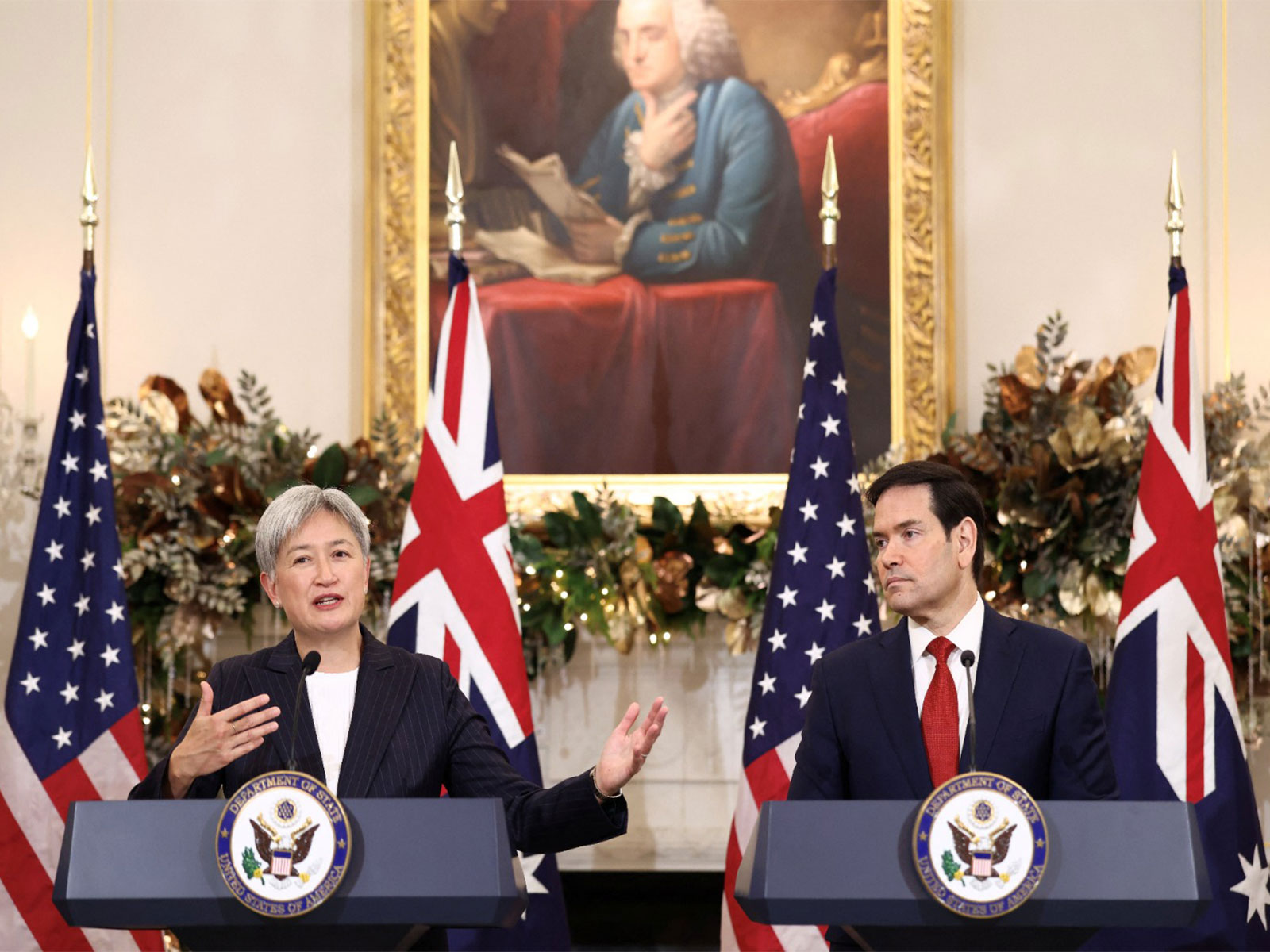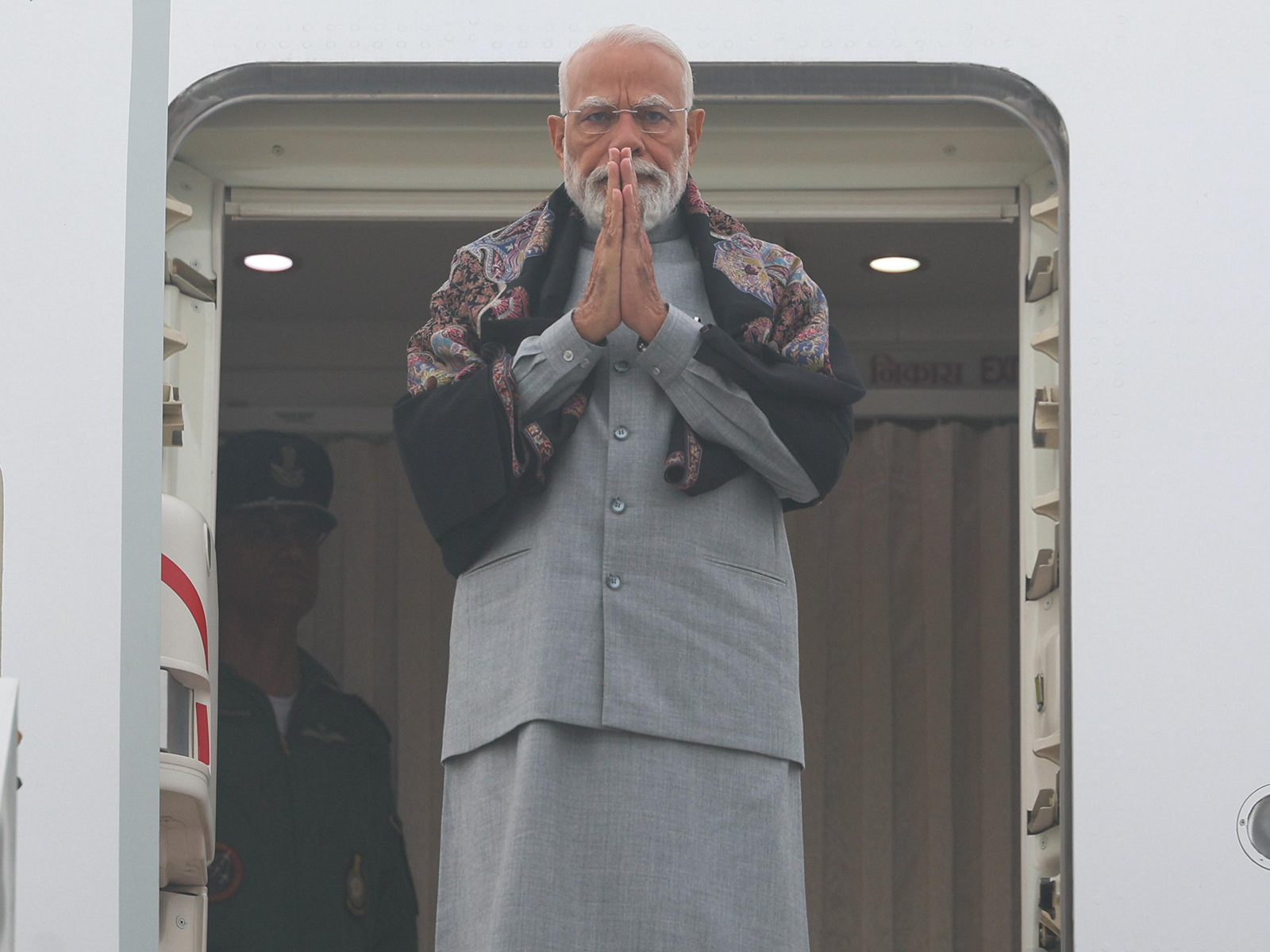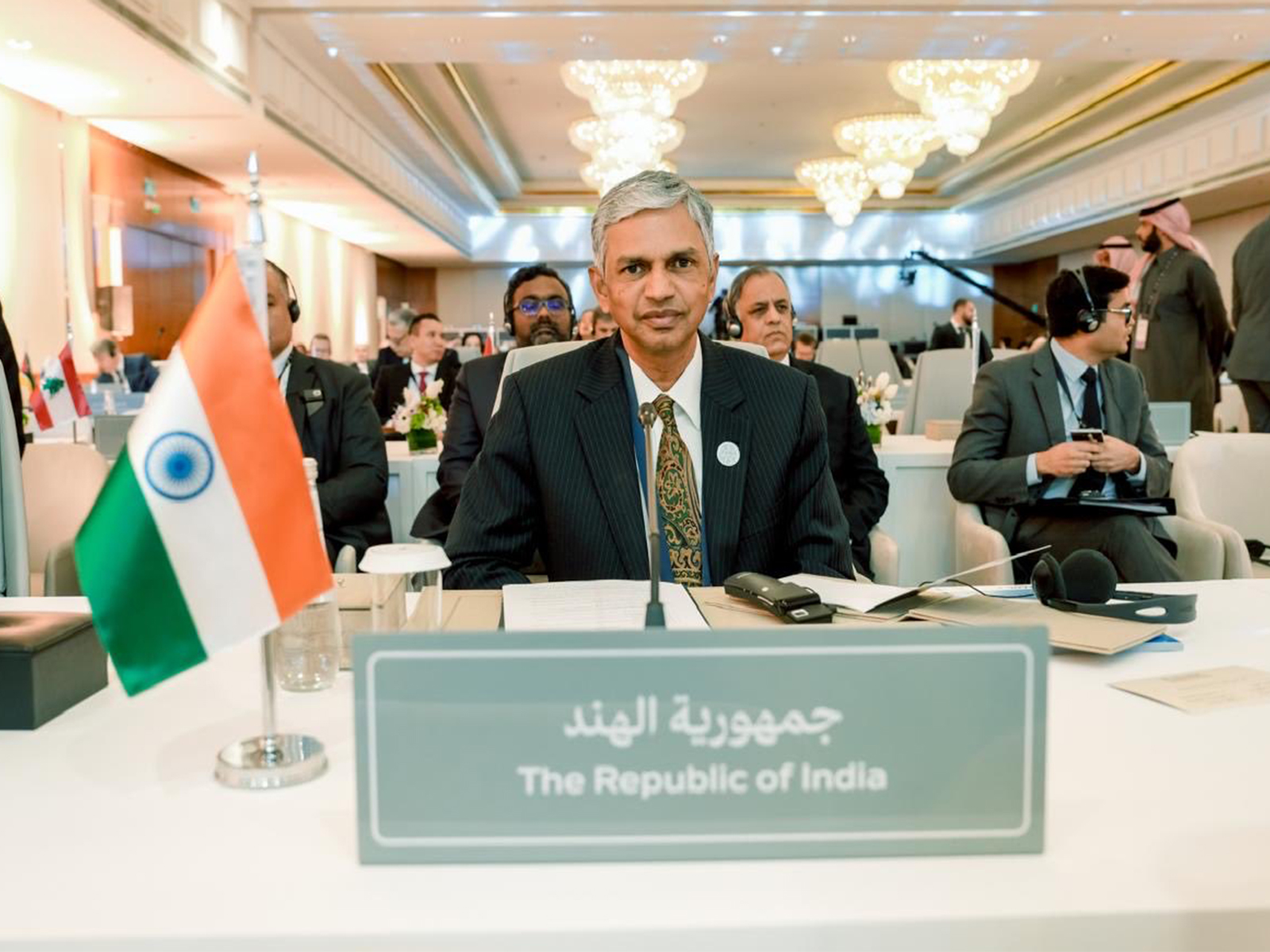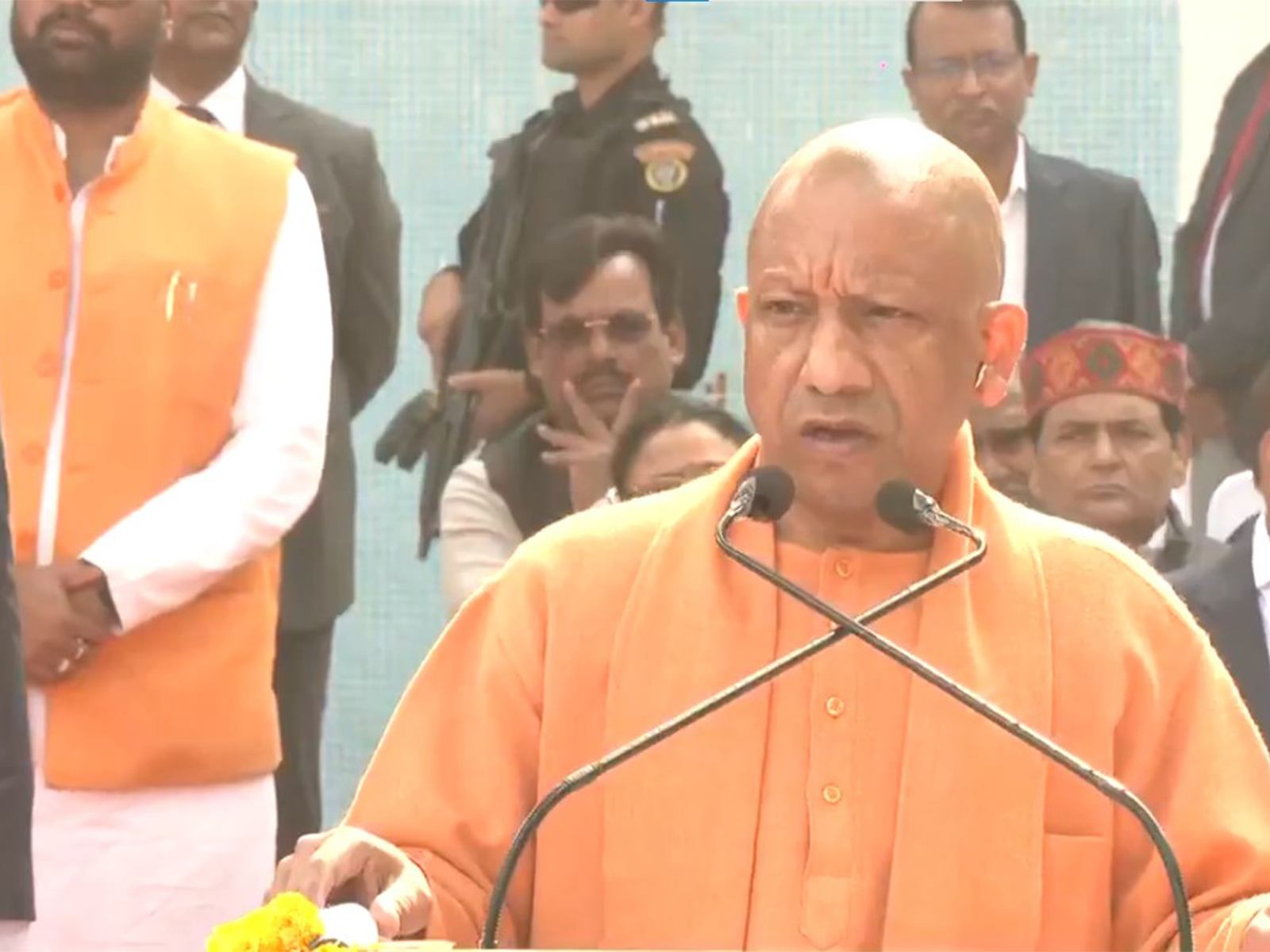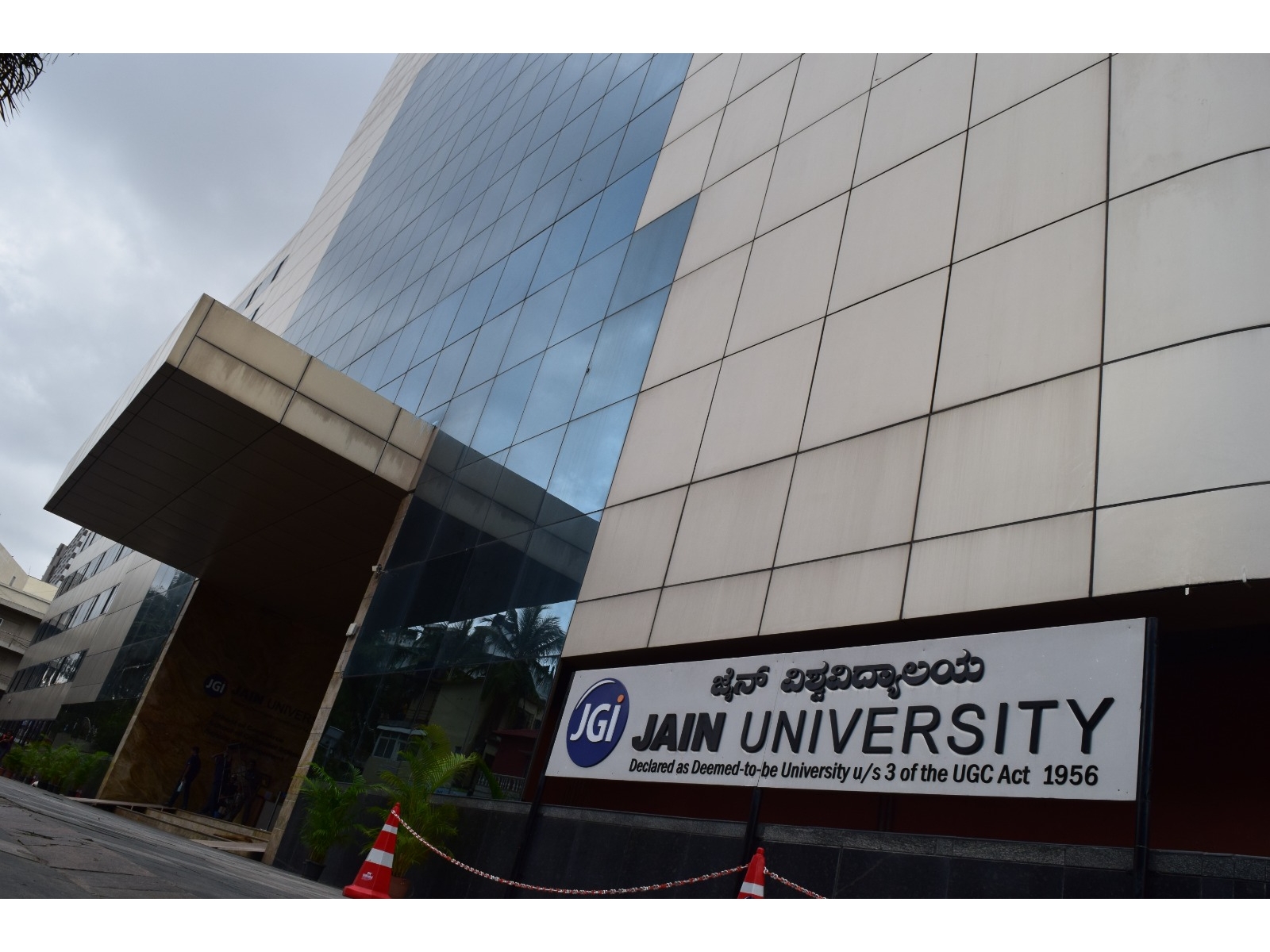Surge in general well-being, happiness in Bhutan; 40 per cent experience extensive joy: Report
May 25, 2023

Thimphu [Bhutan], May 25 : Bhutan has witnessed an increase in general well-being and happiness as per a new report
In Bhutan, the population's general well-being and happiness are comprehensively measured by the Gross National Happiness (GNH) Index, which includes 33 variables that evaluate nine different aspects of GNH, such as effective government, education, and psychological well-being, according to Bhutan Live.
According to the Centre for Bhutan and GNH Studies' newly issued 2022 GNH Index report, the research reveals a considerable gain of 3.3 per cent in the GNH index compared to 2015, indicating positive development over the previous seven years in a number of sectors including housing, good feelings, income, education, services, and literacy indicators.
Based on the report's findings, the Bhutanese population was categorized into four groups: deeply happy, extensively happy, narrowly happy, and unhappy. The study revealed that approximately 10 per cent of the population falls under the deeply happy category, while a significant 40 per cent reported being extensively happy, Bhutan Live reported.
In his remarks during the report's release, Prime Minister Lotay Tshering emphasised the value of reaffirming Driglam Namzha, one of the fundamental tenets of GNH, and he urged policy revisions to close current gaps.
The pandemic caused a two-year delay in the fourth GNH survey's completion. Over 11,000 respondents were questioned for the poll, which was conducted between April and August of last year throughout 198 gewogs (village blocks) and 53 towns nationwide, according to Bhutan Live.
However, despite general progress, there has been a drop in political involvement and good governance, which shows that more people are becoming reluctant to vote and attend meetings.
The limitations enforced during the epidemic, according to the experts, as Bhutan Live reported were another factor in the fall in cultural involvement. The restrictions imposed on meetings and events affected people's capacity to actively participate in cultural activities.
